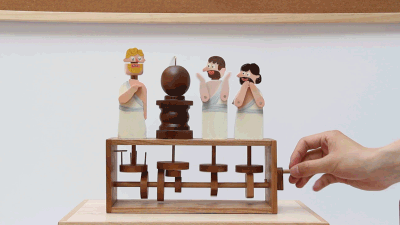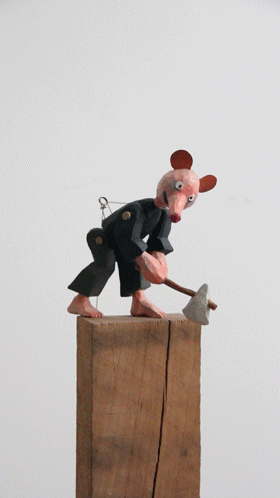

A moving past
The ancient Greeks provided the earliest examples of automata. Greek mythology was influenced by the possibility of immortality and creating artificial life. Ancient cultures, such as China and Rome, have also preserved automata in writings, drawings and paintings.
The earliest surviving full-length book of Greek robots is by mathematician and engineer Heron of Alexandria. He actually designed automata-machines operated by mechanical or pneumatic means. These included devices for temples to instill faith by deceiving believers with "magical acts of the gods", for theatrical spectacle, and machines like a statue that poured wine.
Chinese carpenter Lu Ban, about 2,000 years ago, used rubber bands as a power source to make a wooden bird fly. Besides the imitation of animals, automata have a long connection to horology and clock manufacture.

According to Gods and Robots: Myths, Machines, and Ancient Dreams of Technology by Adrienne Mayor, some of today's most advanced innovations in robotics and artificial intelligence were foreshadowed by the invention of ancient animated machines, like automata.
"I take automata as an ancient and traditional technology," Yu says, adding that traditional structures, like sunmao, meaning wood tenons and joints, have their advantages, such as stability. Such structural elements are among the oldest and most durable techniques applied in Chinese architecture throughout history.
Although the origin of automata dates back thousands of years, Yu doesn't reject applying modern techniques.
"Modern technology makes mass production of my automata possible, which can make the art form more popular and allow it to be enjoyed by more people," he says. After another one or two years weighing up the possibilities in automata creation, he hopes his plans for mass production can be realized.
Late last year, he made a cycling machine for the Community Art Project in Chengdu. It uses pedal power to manipulate clog wheels that "fire" tennis ball-sized objects.
"I hope it can be enjoyed by people of all ages, and makes them feel more connected and happier," Yu says.